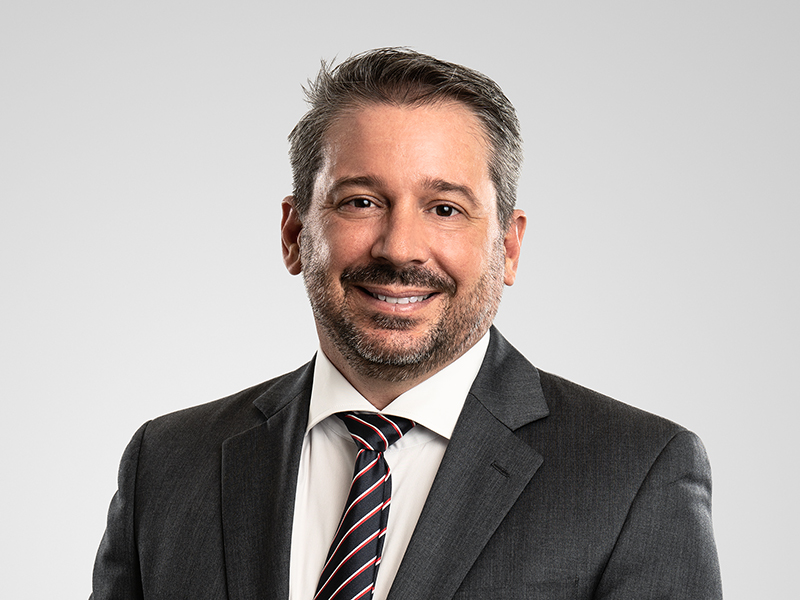Four key considerations for your first offshore fund structure
Setting up an offshore fund structure can be a strategic move for fund managers seeking to attract global investors, benefit from a tax neutral jurisdiction, and operate in a well-regulated environment. However, first-time fund managers often need guidance on where to start when navigating jurisdictional regulations, compliance requirements, and service provider selection.
This guide outlines four key considerations when establishing your offshore fund, focusing on jurisdiction selection, regulatory balance, legal accessibility, and service provider expertise.
1. Selecting a reputable jurisdiction
The jurisdiction you choose plays a fundamental role in the success of your fund. Investors typically favour well-established financial centres with robust legal frameworks and strong investor protections.
Key jurisdictions for offshore funds:
- British Virgin Islands (BVI): Known for being a cost-effective and flexible option with streamlined regulatory processes, often appealing to emerging .
- Cayman Islands: A global leader in hedge fund structures, offering a stable regulatory environment. Cayman funds are widely recognised by institutional investors and boutique hedge funds alike.
- Other financial : Hong Kong, Miami, London, and Singapore serve as feeder fund markets that complement offshore fund structures.
2. Understanding the regulatory landscape
Offshore fund structures, including boutique hedge funds and offshore mutual funds, should align with both investor expectations and regulatory requirements. First-time managers should evaluate whether a jurisdiction offers:
- Clear yet flexible compliance frameworks
- Efficient fund approval processes
- Recognised legal structures preferred by institutional investors
BVI and Cayman approved fund regimes
Selecting the right jurisdiction impacts setup timelines, ongoing compliance obligations, and fund growth potential. Two of the most effective solutions for emerging managers are:
BVI approved manager regime
The BVI approved manager regime offers a simplified, cost-effective entry point for emerging fund managers. Designed to reduce regulatory barriers, it allows investment managers to operate efficiently
Key benefits of the BVI approved manager regime:
- Lower compliance costs compared to more heavily regulated alternatives
- A fast registration process (typically two to four weeks)
- No physical presence requirement in the BVI
- Light-touch regulatory reporting, reducing administrative burdens
Cayman Islands fund structures
The Cayman Islands remains the dominant jurisdiction for hedge funds, providing institutional-grade fund structures widely recognised by global investors. While Cayman funds have robust compliance requirements, they offer more flexibility for fund growth and investment strategies. For Latin American fund managers, certain considerations should be kept in mind when establishing an investment fund.
Key benefits of Cayman Funds:
- Broad acceptance among institutional investors
- A sophisticated, internationally recognised regulatory framework
- Access to a well-developed financial services ecosystem, including top-tier administrators, auditors, and custodians
- Greater structuring flexibility for hedge funds, private equity, and offshore mutual funds
Our fund structuring insights
Emerging fund managers often seek structuring solutions that balance operational efficiency with regulatory credibility. Many align the fund vehicle with the preferences of their target investor base, often selecting a Cayman Islands fund due to its broad recognition and acceptance among international investors. At the same time, managers may choose to establish the investment management entity in a jurisdiction that offers flexibility and streamlined regulatory requirements.
By combining a BVI approved manager with a CIMA regulated Cayman fund, managers can benefit from the strengths of both jurisdictions. This structure supports an efficient setup for the management company, whilst the Cayman fund structure meets the expectations of a broad investor audience. Establishing the manager in BVI offers a simplified approval process and facilitates a timely launch, which is particularly valuable for first-time fund managers focused on speed to market.
Those who adopt this integrated approach early are often better positioned to manage regulatory requirements and avoid delays in launching their fund. Engaging service providers with multi-jurisdictional expertise helps ensure smooth coordination and mitigates potential operational challenges.
Which option is right for you?
Determining the best solution depends on your investment strategy, regulatory preferences, and long-term goals. Our experts can guide you through the process and tailor a structure that aligns with your needs. Get in touch with us to explore the right approach for your fund.
3. Access to legal advice
Legal support is crucial in structuring an offshore fund. Consider whether legal advice is easily accessible in your home jurisdiction. Harneys Fiduciary, along with our strategic alliance partner Harneys law firm, provides expert guidance to fund managers in:
|
|
4. Choosing the right service providers
Managing an offshore fund involves navigating different legal and regulatory frameworks, tax structures, and reporting obligations across multiple jurisdictions. This complexity makes it essential for fund managers to engage with experienced professionals who can provide guidance on regulatory compliance, operational efficiency, and risk management.
Offshore funds benefit from the support of experienced fund administrators, auditors, and custodians who understand the nuances of each jurisdiction. When selecting service providers, key considerations include:
- Experience with offshore fund structures
- Presence in key financial centres
- Strong reputation and reliability
Working with established service providers simplifies fund management and enhances investor confidence.
Final thoughts
Setting up an offshore fund requires careful planning and expert guidance. By leveraging both BVI and Cayman jurisdictions, balancing regulatory obligations, ensuring legal accessibility, and working with experienced service providers, fund managers can optimise their fund structure while minimising complexity.
Harneys Fiduciary provides comprehensive support in fund structuring, compliance, and regulatory matters. Get in touch with our team to explore the right approach for your fund.
FAQs
What tax considerations should US investors keep in mind when investing in offshore funds?
US investors must comply with tax reporting obligations such as the Foreign Account Tax Compliance Act (FATCA) and Passive Foreign Investment Company (PFIC) rules. These regulations can impact tax liability, reporting complexity, and fund structuring decisions. Consulting a tax advisor is essential to ensure compliance and optimise tax efficiency.
Are offshore mutual funds marginable?
It depends on the brokerage and regulatory status of the fund. While some offshore mutual funds may qualify as marginable securities, many brokers impose restrictions based on jurisdiction, fund liquidity, and investor eligibility. Cayman-domiciled funds, given their widespread recognition, are more likely to be accepted for margin trading compared to those in less regulated jurisdictions.
Can offshore funds access US investors?
Yes, but fund managers must comply with US securities laws, particularly Regulation D (for private placements) and SEC registration exemptions. Many offshore funds use master-feeder structures to efficiently manage both US and international investors while adhering to regulatory requirements.
What are the key due diligence steps when selecting an offshore fund jurisdiction?
Fund managers should evaluate regulatory stability, investor perception, tax implications, legal accessibility, and service provider availability. A jurisdiction with a strong legal framework and institutional investor trust.


